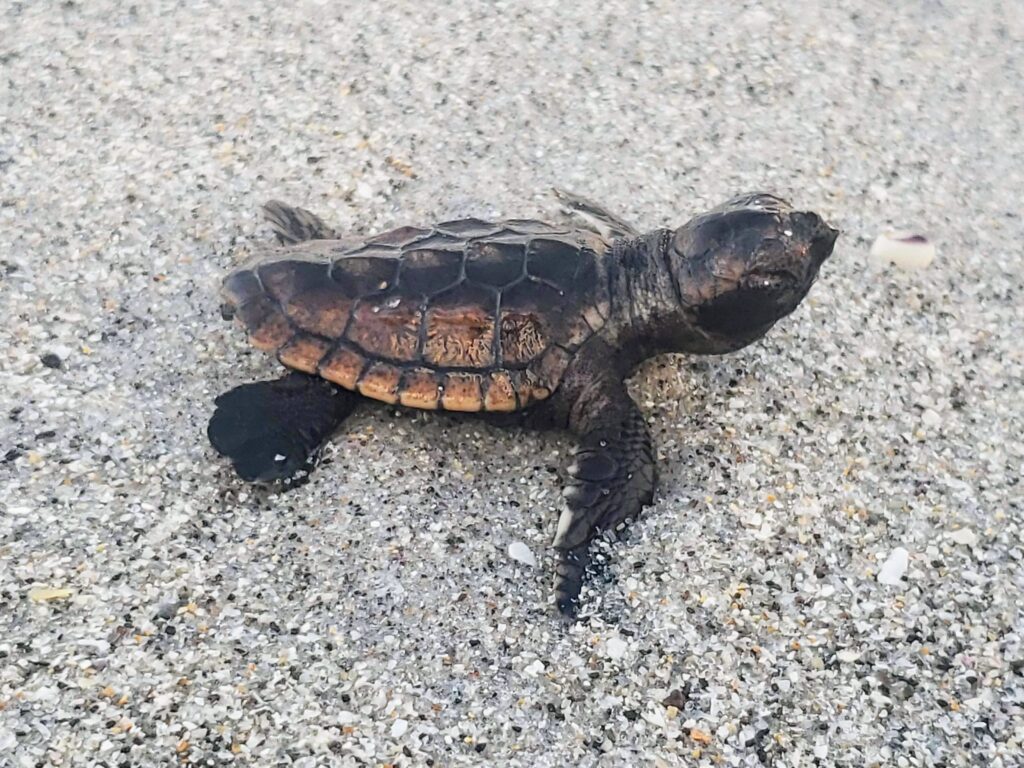
We arrived in Chincha just in time for Verano Negro (Black Summer), an annual eventsort of like carnaval, celebrating Afro Peruvian culture, history and traditions. Here and nearby Carmen are the cradle of Afro Peruvian culture, evident in the music, dance and in the people themselves. There isn´t much tourism here otherwise, and the region is clearly still recovering from the strong earthquake that happened just a year and a half ago. We spent most of our time wandering around, eating, and watching the celebrations. There was live music in the square, dance exhibitions, the crowning of Miss Verano Negro, conferences and talks on relevant topics of interest during the day, and local and other bands from Lima in the evenings at the peñas, local disco-bars.
In Peru we are quickly learning never to order meals based on cost. Just because something is inexpensive, we no longer expect a small portion. For example, the ¨menu¨of the day is generally from 6 to 12 soles ($2-$4). For this sum, you get soup or another big appetizer, an ample main dish of meat, chicken, fish, pasta, etc. served with rice or fries or potato, and a dessert (jello or something creamy and sweet like leche asada). The meal also includes a beverage: soda (Inka Kola anyone?) or fresh juice. The Inca Kola outsells even Coke in Peru. It´s main flavor is hierba luisa (Lemon verbena, I looked it up).
Apart from the sets, chicken joints and Chinese (Chifa) restaurants abound. At these two as well we generally need to order just one meal and share it. The portions are out of control, and the food is very tasty. Cevicherias are almost everywhere as is chicha morada, a sweet punch made of purple corn.
On my birthday, we had a great dinner of grilled meats and vegetables along with a pitcher of Sangria made from wine of the region (Thanks for the birthday gift, Greta!!). We then head back to our lodging, Hostal La Posada, where our hosts Carmen and her husband Tito were waiting. Carmen had prepared a dessert made with the sauco berry (something like a blueberry) and lúcuma (eggfruit, said to taste like maple sweet potato) ice cream. They lit a candle and sang, and we sat around talking until bedtime.
When the war came to Italy, Carmen´s grandfather, who was a shipbuilder, set sail with his family. They spent a year in Chile, before deciding it was too narrow for them in several ways, and head north to Peru. They settled near the port at Chincha, where Carmen was born. The grandfather, like a good Italian, bought vineyards, and learned to cultivate some great wines. At least two of Carmen´s children are living in the US, and all are quite successful. Carmen and Tito have been married for 47 years!
Click here for Chincha photos








How did you meet that family that you are pictured with?
The family in the photo is the one I mentioned in the text of the blog…Carmen and Tito, who own and run the place we stayed in Chincha. The other guy is a nephew or cousin.